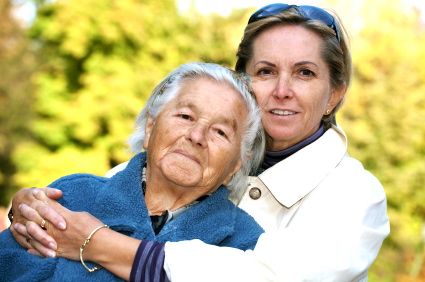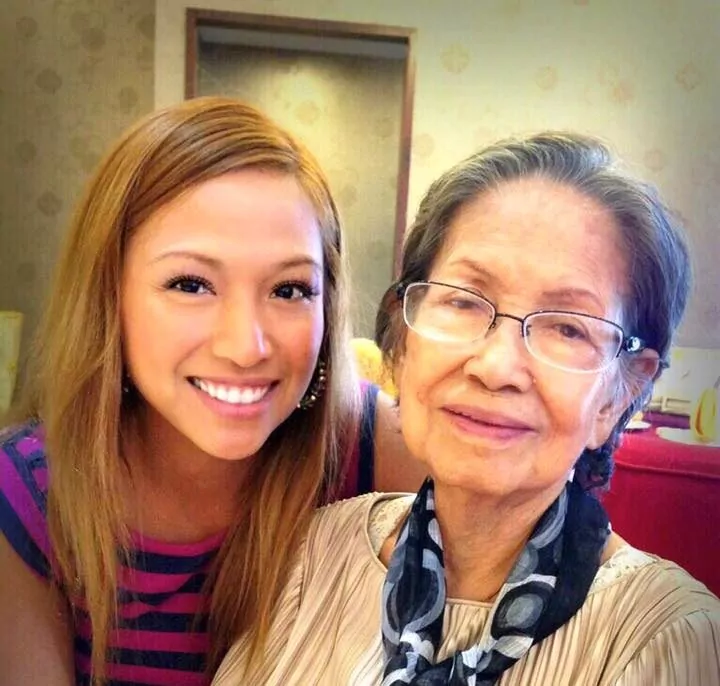 Disease and illness are often unwelcome companions to aging. While seniors try to hold on to their independence as long as they can, health problems can make it impossible for the elderly to continue taking care of themselves.
Disease and illness are often unwelcome companions to aging. While seniors try to hold on to their independence as long as they can, health problems can make it impossible for the elderly to continue taking care of themselves.
In This Caregiving Article:
Senior Caregiving
Who are Family Caregivers
Programs that Compensate Family Caregivers
Compensating Family Caregivers
Introduction To Senior Caregiving
Currently there is a huge number of seniors who live in nursing homes and assisted living facilities. However, more and more seniors today prefer to age at the comfort of their own homes. Thanks to the services of in-home caregivers, aging at home is now an alternative option to nursing homes and assisted living facilities. Although some of these caregivers are professionals, majority of caregiving in the United States is actually provided by immediate family members.
Who Are Family Caregivers?
Across the country, as many as 70 million Americans are caring for senior family members who are no longer capable of taking care of all their own needs. Family members who care for their aging loved ones are referred to as family caregivers. Family caregiving usually involves providing assistance with daily tasks that have suddenly become difficult for seniors to do such as cooking, dressing, bathing, washing clothes and minor house chores. In some instances, a family caregiver may also be asked to perform some basic medical-related duties, such as changing bandages, medication assistance or helping with physical therapy.
Most family caregivers will spend a few hours a week helping out their senior relatives. However, it is also common for family caregivers to actually move in and live with their senior relative on a full-time basis. In addition to the time commitment, there can be significant expenses incurred by those who choose to selflessly give their time to help care for their loved ones. Since most family caregivers are unpaid, the time and money spent on caregiving can cause some financial hardship. However, most people do not know that there is financial assistance available for many family caregivers who are having trouble fulfilling their financial obligations while caring for an elderly relative at the same time.
Programs that Compensate Family Caregivers
For low-income seniors, Medicaid offers an assistance program for in-home care called the Cash and Counseling program. Once it has been established that a senior with disabilities does not have assets and income that exceed Medicaid’s eligibility limits, seniors who wish to stay in their homes can apply for direct financial assistance that can be used to pay for caregiving services. While the money can be used to hire a trained caregiver from an in-home caregiving service provider, the money can also be used to compensate a family caregiver instead. A family caregiver deemed eligible for Cash and Counseling compensation can be paid at the same rate as a professional caregiver. Currently, the Cash and Counseling Program had only been available in 15 states. By the end of 2011, however, that number will expand to 35.
Many states also offer their own programs that are similar to Cash and Counseling, which will actually pay some of the caregiving costs for seniors with low income even if they have too many assets to be eligible for Medicaid. For example, the Personal Care Attendant program allows seniors to hire anyone they wish as a personal care assistant, as long as they have been certified as being capable of providing proper caregiving services to seniors with disabilities. Family caregivers should not be intimidated by this requirement, since there are social service organizations, adult education centers and hospitals that can provide the training needed to qualify for a position as a compensated personal care attendant.
Adult Foster Care is another option for any family caregiver who is willing to move in with a senior family member on a full-time basis. If a doctor can verify the senior in question needs assistance in order to stay in their home, states offering this program will cover the costs of room and board for the family caregiver, as well as offering some payments for services rendered.
For those seniors who have private long-term care insurance, it is possible that these policies may cover in-home care costs, including labor. If a family caregiver is able to meet the caregiving standards set out in the insurance policy, then some compensation for caregiving services provided should be possible.
Compensating Family Caregivers
There are tens of millions of people volunteering their time and labor to try and help senior family members preserve their independence while remaining in their own homes. Programs that compensate family caregivers are good for seniors who need in-home care. A family caregiver deserves admiration, respect and financial assistance that allows them to continue caring for their loved ones while also meeting their own financial obligations. Fortunately there are some good programs available that can provide financial assistance and support to these hardworking and dedicated family caregivers.
Copyright © 2018 SeniorCareHomes.com. All Rights Reserved.
Other Caregiving Articles:
- Caregiving Tips For Beginners
- Long-Distance Caregiving
- Coping with Caregiving Stress
- Caregiving Tips When Caring For Someone with Alzheimer’s
- Practical Tips For Long Distance Caregivers
Catharine “Kate” is a Certified Administrator for Residential Care Facilities for the Elderly (RCFE) and an Expert Senior Care Advisor. Kate’s grandmother battled Alzheimer’s Disease and Kate personally understands what millions of families are going through. Kate and her team are very passionate in empowering Seniors and their families by providing them with the Best Available Senior Care Options based on Senior’s care needs, preferred location and family’s budget.


